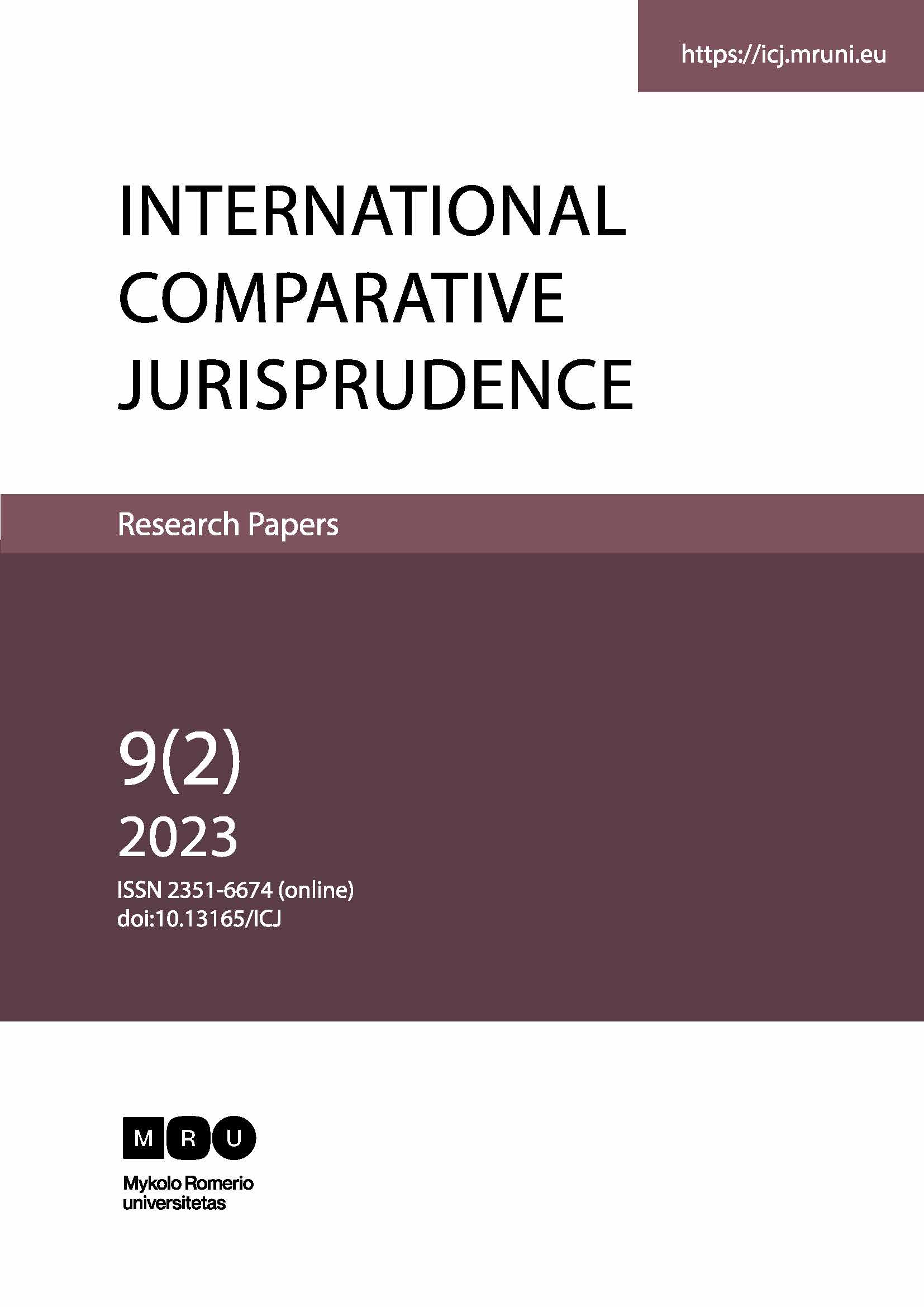THE IMPACT OF ARTIFICIAL INTELLIGENCE ON LEGAL DECISION-MAKING
plugins.themes.bootstrap3.article.main699bab1024f45
Santrauka
This research paper aims to explore the growing influence of artificial intelligence (AI) on legal decision-making processes. The increasing availability of AI technologies and their potential to analyse large volumes of legal data have sparked debates and raised questions regarding their role in shaping the future of the legal profession. This study investigates the implications of AI for various aspects of legal decision-making, including case analysis, the prediction of outcomes, and legal research. By employing a multidisciplinary approach that combines legal analysis, technological assessment, and ethical considerations, the research examines the benefits and challenges associated with integrating AI into the legal system. The methods employed in this study include a comprehensive review of existing literature, an analysis of case studies, and an exploration of the ethical implications of AI adoption in legal decision-making processes. The findings of this research contribute to the understanding of the potential benefits and limitations of AI in the legal field, as well as the safeguards and ethical guidelines required to ensure its responsible and effective use.







